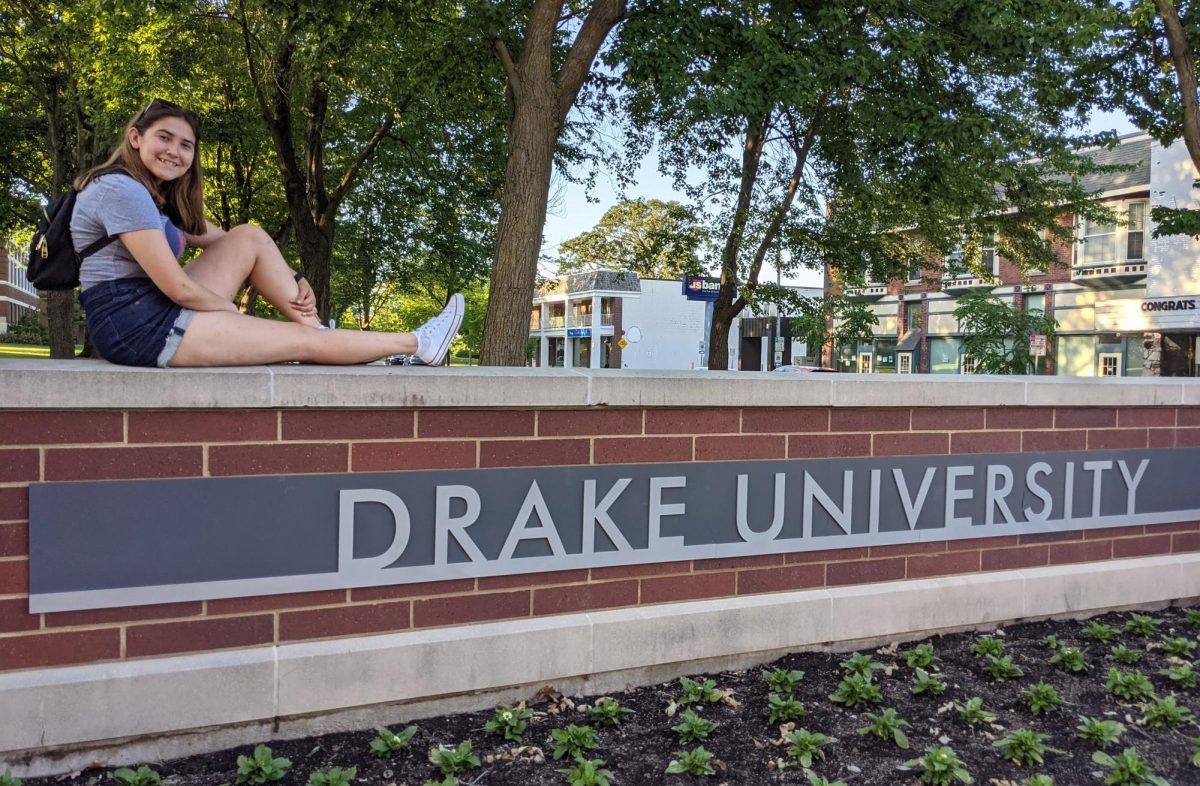Like many of the people who are reading this article, I grew up watching Marvel movies.
I was seven years old when “Iron Man” was first released in theaters in 2008. I was nearly 18 when “Spider-Man: Far From Home” was released, concluding what’s known as Marvel’s “Infinity Saga.”
For over a decade, Marvel averaged two movie releases a year. My family, friends and I eagerly went to the theaters to watch and later discuss them. Every time a new trailer dropped or an Easter egg was discovered, we would debrief it endlessly. “What’s going to happen next?” was the question at the forefront of millions of people’s minds, including myself.
These movies were the crux of growing up for kids like me everywhere, and I sincerely can’t thank them enough for being such a large part of my childhood.
Last year, I wrote an article for The Times-Delphic about defining “real cinema.” In it, I included Martin Scorsese’s metaphoric critique of Marvel movies being “theme parks” – fun and entertaining movies, sure, but without much substance and deeper meaning.
I argued in that article that the definition of “real cinema” varies from person to person. One could define Marvel’s content as “real cinema,” and that’s fine. But it’s 2022, and this kid who was an avid Marvel fan a decade ago is now a critic. And I’ve noticed that a lot of the people who grew up with a love of these movies like I did are the same way.
To state the obvious, there’s a lot of Marvel content being produced. Whether it’s “too much” is subjective. My subjective view is that it is, indeed, too much. What was once a two-film-a-year schedule has now become multiple TV shows and movies. The quality of those shows and movies is questionable.
Additionally, because they’re being released more frequently, the “special-ness” of bi-annual releases has quickly faded. For those who celebrate, Christmas is great because it comes only once a year. The idea of Christmas being every couple of months may sound appealing at first, but I believe most would grow weary of it pretty quickly. I believe the same sentiment applies to Marvel movies.
I once revered Kevin Feige, the head of Marvel Studios, for his story planning. I still do to a certain extent. However, he now seems to be throwing storylines at the wall and just hoping something will stick. What was once a (somewhat) linear path from Iron Man to Thanos has now become incredibly messy.
This is especially true with the concept of the Multiverse opened up in “Spiderman: No Way Home” and “Doctor Strange in the Multiverse of Madness”, time manipulation introduced in “Loki” and Marvel obtaining the rights to the “X-Men”. All of these open doors to a whole bunch of ways the story could go, which isn’t necessarily a bad thing. But it also leads to confusion and way too many loose ends that probably won’t get tied together.
Maybe Feige will pull it all together into a fantastic slate of productions akin to the Infinity Saga. Maybe this article will age poorly. But since there’s just so much of it and so many factors at play, I would be amazed if Feige made the recently-announced upcoming “Avengers” movies as successful as “Infinity War” and “Endgame”.
I could go on and on about my problems with the current state of the Marvel Cinematic Universe. About how it appears that genuine storytelling doesn’t seem to be a factor anymore; about how Disney sees Marvel as a cash cow and nothing more; about how they creatively all feel the same, and especially about how Marvel’s brand of humor takes away any chance of their films being taken seriously.
However, I think Scorsese’s theme park comments ring more and more true. Maybe it’s always been true, but in my opinion, the rides Marvel had before “No Way Home” were way more fun. Don’t get me wrong, I still will watch their releases and I’m not a critic to the point of refusing to engage with their products. But because of all of these releases, what was once so special to me has become predictable and unoriginal.







